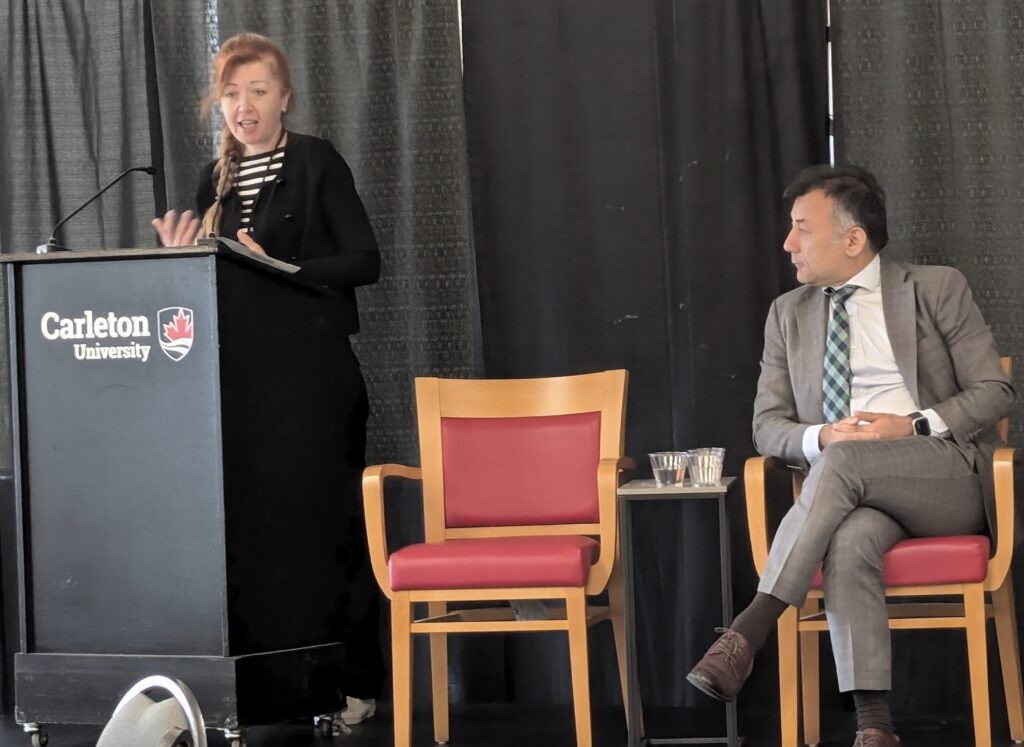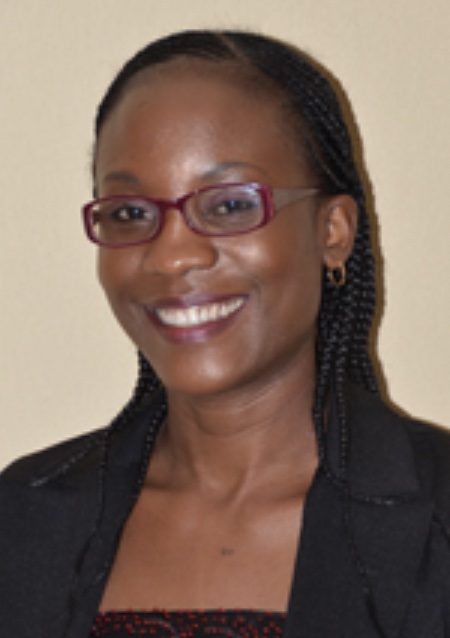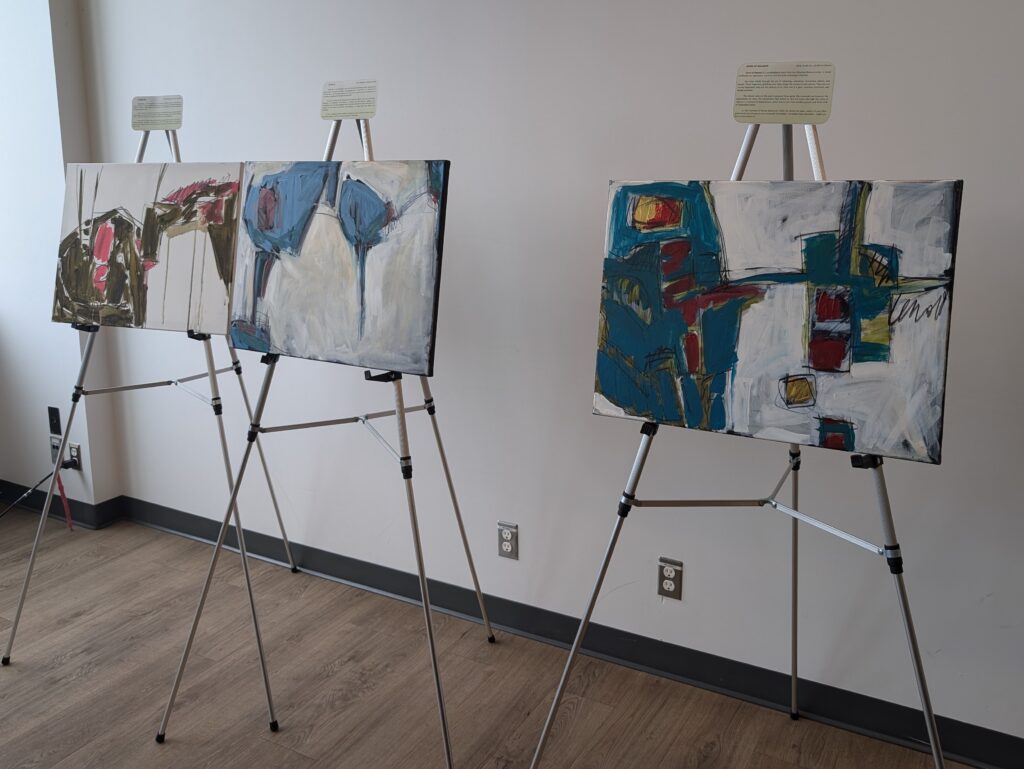
In the minds of many Canadians, the journey for a refugee or displaced person is finished when they reach their new home. That’s far from the reality.
During a May 23 panel discussion at the Safe Havens and Knowledge Networks in Canada conference at Carleton University, scholars at risk who have experienced that kind of upheaval shared their lived experiences as well as the challenges and opportunities they faced integrating into Canada’s employment landscape.
Dr. Doris Kakaru, a native Ugandan who is now a professor of Child and Youth Care at the University of Victoria, recalled the difficulties she faced resuming her career after seeking refuge in Canada. Kakaru holds a bachelor’s degree in Sociology from Makerere University (Uganda), a Master of Philosophy in Social Anthropology from the University of Bergen (Norway), and a PhD in Social Sciences from Wageningen University (Netherlands).
“. . . Most employers do not accept foreign qualifications. It has not only happened to me, it has happened to so many other scholars at risk who are well qualified.”
— Dr. Doris Kakaru, professor of Child and Youth Care, University of Victoria
However, she says that her international academic qualifications often went unrecognized by Canadian institutions.
“A survey done by the World Education Services shows that most employers do not accept foreign qualifications,” said Kakaru. “It has not only happened to me, it has happened to so many other scholars at risk who are well qualified.”

Even after Dr. Kakaru was able to continue her scholarly work to some degree in her new country, the burden of outside pressures remained. “Delays in family reunification — that’s a serious issue that many displaced scholars face,” said Kakaru. “There are so many other things that affect my work, because if I cannot have a proper family, that (can) really undermine emotional well-being and, of course, the work that we do.”
In addition to family pressures, harsh financial realities can also intensify the challenges faced by displaced and at-risk scholars. Dr. Canan Altinkas is a multidisciplinary artist and educator who immigrated to Ontario from Turkey in 2018. Her work focuses on identity, resilience and transformation, and she is an advocate for the role of art in healing, advocacy and cultural dialogue. But the life of an artist can be filled with turmoil, something Altinkas is no stranger to.
“Financial pressures force many to take survival jobs unrelated to their craft,” said Altinkas. “While doing this, you won’t have enough time to make art, so you cannot find a balance. This results in the loss of visibility, missed opportunities for collaboration.”
A selection of paintings by Altinkas was on display in the Richcraft Hall conference room throughout the two days of discussions at Carleton University. Altinkas has previously exhibited her artwork at the Kingston School of Art and at Kingston’s Agnes Etherington Art Centre, and teaches art classes in Kitchener.
Holding a doctorate in Fine Arts Education from Turkey’s Dokuz Eylül University, Altinkas has taught at universities in Turkey and Cyprus, and curated exhibitions such as “Hope Survived” at Queen’s University.
Of course, even established Canadian artists can face challenges when it comes to securing a steady income; the median annual income for a Canadian artist is just $24,000, and 52 per cent of artists in the country are self-employed. However, the guardrails in place to help Canadians navigate the industry are often inaccessible to displaced artists.

“Refugee artists remain significantly underrepresented in major Canadian art galleries,” said Altinkas. “Institutions often favor established networks, making it difficult for newcomers without Canadian credentials or local references to gain access.”
So where might the solution lie? For Maiwand Rahyab, the Founder and CEO of Resilient Societies — an organization dedicated to supporting human rights and civil society activists — changing the narrative around the place of refugees in Canadian society is critical.
‘Financial pressures force many to take survival jobs unrelated to their craft. While doing this, you won’t have enough time to make art, so you cannot find a balance. This results in the loss of visibility, missed opportunities for collaboration.”
Dr. Canan Altinkas, scholar and artist from Turkey now living in Canada
“You look at the research on refugees in Canada or anywhere in the world, probably 99.9 per cent of this is focused on: What are their needs — and particularly, what are their basic needs, how we can help them find shelter,” said Rahyab. “These are all great things, (but) how do we help them to build their agency and claim space in the field so that they’re contributing meaningfully based on their expertise in the communal society?”
Rahyab says his organization focuses on shifting the frame around exile. “We need to talk about narratives and stories about that — people who need probably a little, but can offer way more.”


